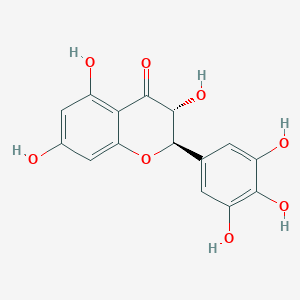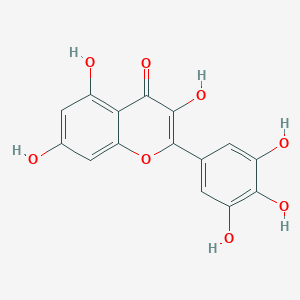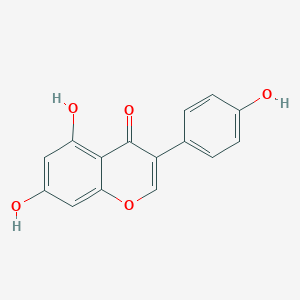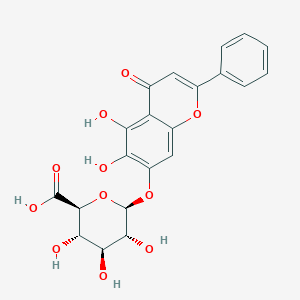Description
Dihydromyricetin is a flavanonol, which is a subclass of flavonoid. Ampelopsis japonica, megalophylla, and grossedentata; Cercidiphyllum japonicum; Hovenia dulcis; Rhododendron cinnabarinum; some Pinus species; and some Cedrus species, as well as Salix sachalinensis, are all hosts.
Dihydromyricetin has an impact on both the liver and the brain. Scientists have conducted mouse studies that show these effects can decrease feelings of intoxication as well as the negative effects associated with alcohol consumption, such as hangover symptoms.
Benefits of Dihydromyricetin
- Liver Health: DHM is perhaps most famous for its effects on liver health. It has been studied for its ability to reduce the effects of alcohol on the liver and to potentially alleviate hangover symptoms. It’s believed to enhance the liver’s ability to metabolize alcohol and reduce the accumulation of acetaldehyde, a toxic byproduct of alcohol metabolism.
- Antioxidant Properties: Like many flavonoids, DHM exhibits strong antioxidant properties. These antioxidants can neutralize harmful free radicals and reduce oxidative stress, potentially lowering the risk of chronic diseases.
- Neuroprotective Effects: Some research suggests that DHM may protect brain cells from damage and could be beneficial in the context of neurological diseases.
- Anti-Inflammatory Action: DHM may also have anti-inflammatory effects, which can be beneficial in various inflammatory conditions.
- Other Potential Benefits: Early studies indicate possible benefits in areas like anti-cancer activity, blood sugar regulation, and cardiovascular health, but more research is needed in these areas.
Applications and Main Usage
- Supplements for Hangover Prevention: The most common application of DHM is in over-the-counter supplements marketed for hangover prevention or relief.
- Liver Health Supplements: DHM is also found in liver health supplements, often combined with other liver-supporting ingredients.
- Research Tool: In scientific research, DHM is used to study its effects on alcohol metabolism, liver diseases, and other health conditions.
- Potential Therapeutic Uses: Though not yet widely used in mainstream medicine, DHM is being explored for its potential therapeutic uses in treating or preventing various health issues.





